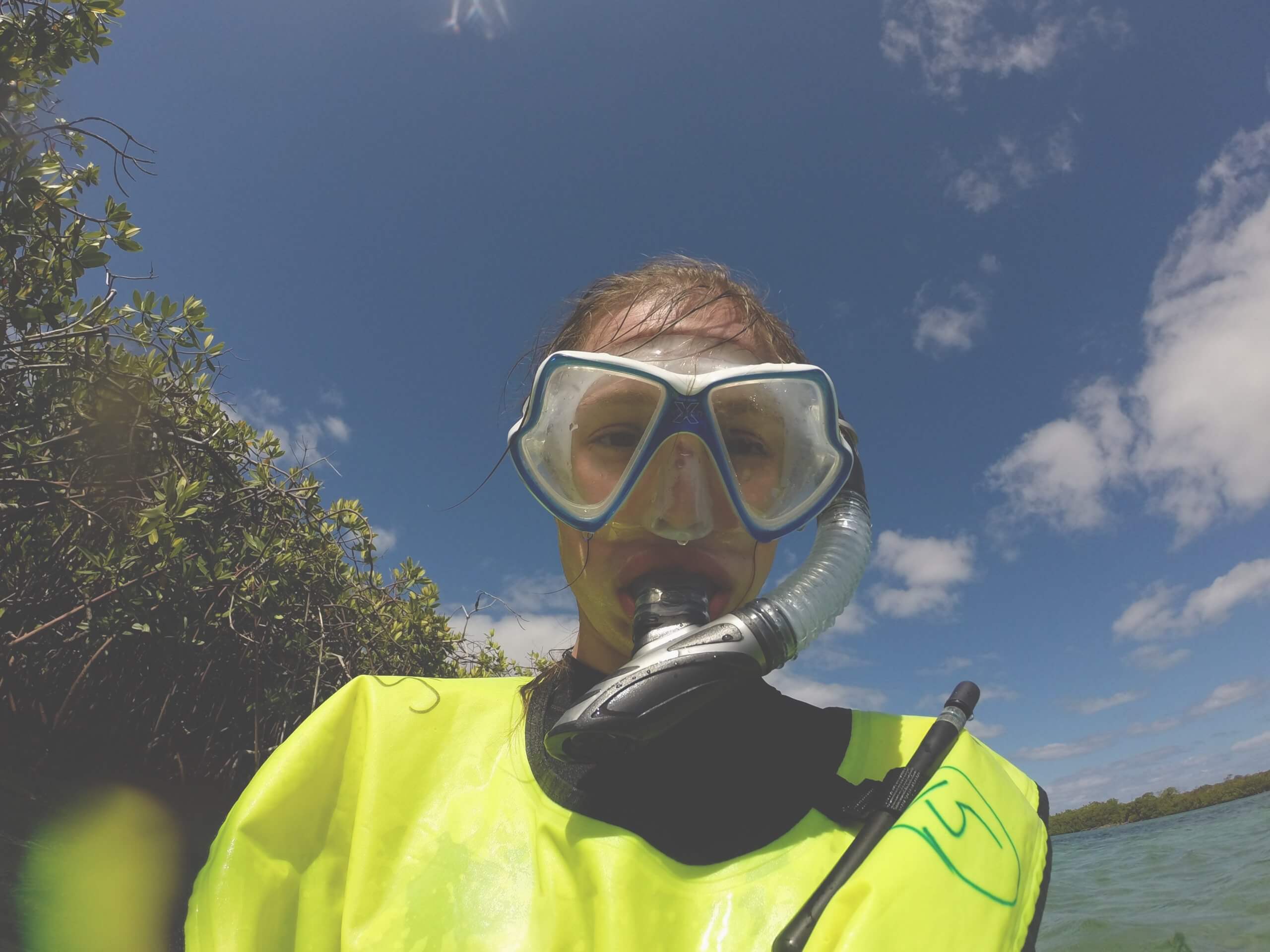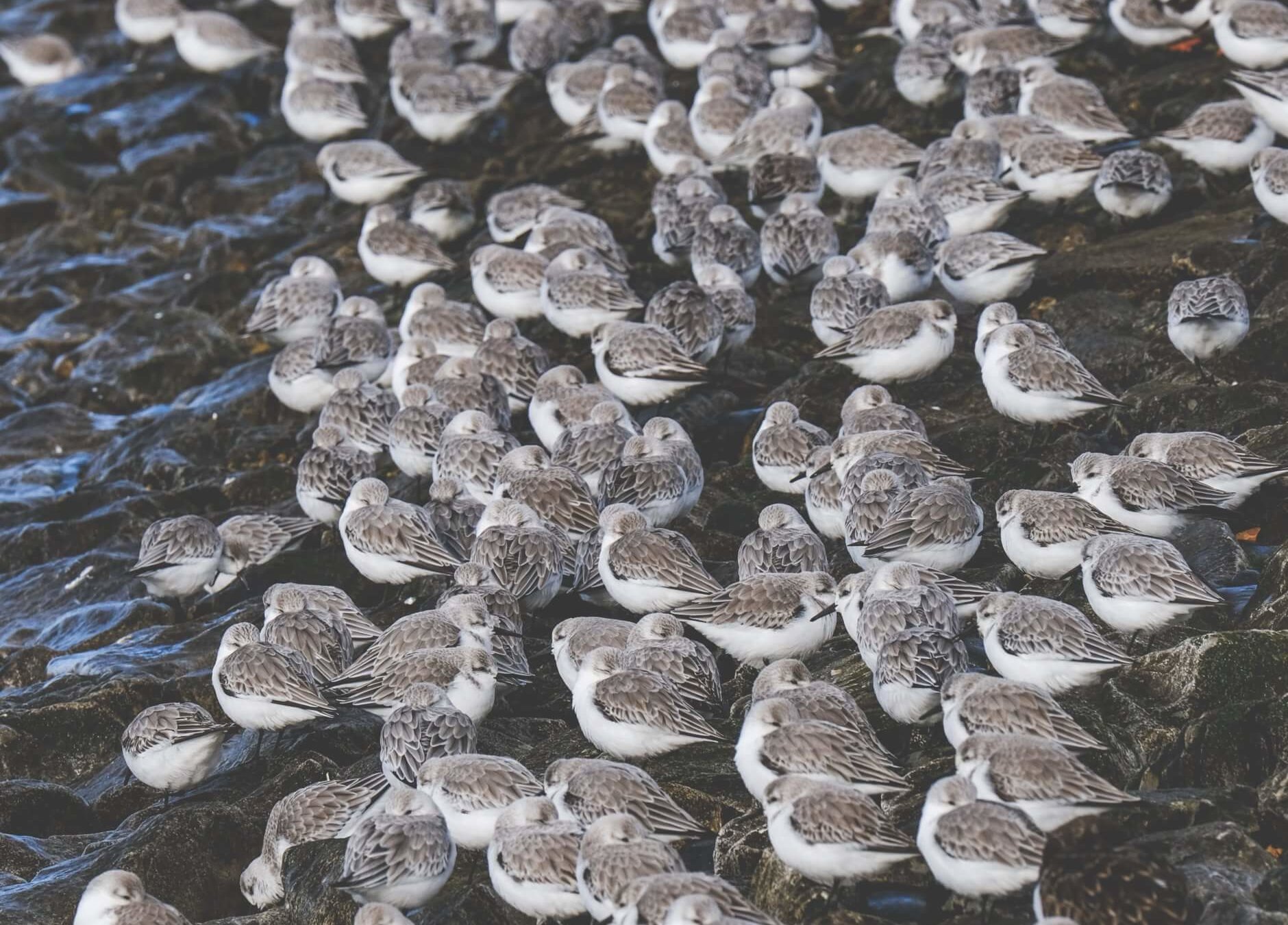As a graduate student in the sciences, with a strong desire to make my work relevant to society, I often asked myself “How can I get the communications skills I need?” Long days in the field and late nights in the lab sometimes made it hard to add communications to my list of things to do, but it was really worth it – the time I invested paid off in so many ways, from expanding my skill set to informing my research (and inspiring me to build real-life applications into my masters project). One of the first things I found after joining COMPASS with my hot-off-the-press degree is that I wasn’t the only grad student asking that question. The COMPASS team hears it all the time, and is working actively to address it.
I was particularly excited to find that COMPASS is leading the #GradSciComm project, a community supported effort to help make communication training an integral part of STEM graduate education. Later this year the project will culminate in a roadmap that makes tangible recommendations targeted at university administrators, advisors, grad students and especially government/funding agencies, with the goal of triggering changes and inspiring actions that will make communications trainings accessible, and build capacity and support in graduate education. I’m thrilled by the possibilities…and a little jealous of those future grad students!
Change can take time though, and if you’re like me, you want to know what you can do right now. While I was a grad student at the Nicholas School and the Duke Marine Lab, I saw a lot of folks find creative ways to learn about communicating and engage outside their programs, and since I’ve been at COMPASS, I’ve heard about even more.
Here’s my top-ten list of things that you can start doing – from light lifts to larger investments – to improve your communication skills in grad school.
1. Talk to people (family, friends, strangers, people from other labs)
Learn by doing! This may seem like a no-brainer, but talking to people outside your lab about your work is a great way to get started on the path to better communication. COMPASS’ advice is to keep in mind who you are talking to, and why what you are studying might matter to them. Starting with a Message Box is always a good idea.
2. Take a course or get a (part-time) job
Look for courses that will help you practice the skills you’re interested in (and consider courses outside your department!). If you aren’t getting what you need from courses, get creative. I worked as the Communications Assistant in the Nicholas School’s Office of Marketing and Communications. Most universities have some kind of communications office, and the folks there have lots of professional experience in the communications field.
3. Attend SciComm panels, workshops, and trainings at conferences
Conferences are starting to incorporate more scicomm options, including pre-conference workshops and trainings. If you are already attending a conference, keep an eye out for any sign-ups that might be required, since often there’s a limit to how many people can attend, and they fill up fast (I waited too long last year to sign up for a workshop at the Social Coast Forum and missed out)! If you’re booked solid for a conference, Twitter can help you be in two places at once—many conferences have their own hashtags, and following #scicomm can also help you stay connected.
4. Blog
I joined the Duke Environmental Blogging Team, where we had trainings on choosing topics, taking better pictures, copyright, and timing posts to current events. If there isn’t a blog for your lab or program, talk to faculty and staff about setting one up, or start a personal one on your own.
5. Find or form a student group
Student groups can be a great way to rally interest and develop activities around a topic, and many graduate programs provide some funding for such things. If you’re looking for an activity to start with, Escape from the Ivory Tower is based on material from COMPASS trainings and provides a lot of fodder for discussion, as well as practical guidance on communicating your science.
6. Pursue Professional Development Opportunities
Many professional societies and groups offer ways to enhance the professional development of their members (including communications trainings or even fellowships), and may also forward any workshop or training opportunities they hear of. Don’t be shy about inquiring whether your professional society or group has a program, or knows of one nearby. I got to attend a free communications workshop because I asked!
8. Host a communications training
If your lab, program, or student group has the funding, host a communications training. If a full-on training isn’t financially viable, explore other options. I was able to bring a speaker to the Duke Marine Lab to deliver an evening seminar on the visual presentation of science information, using funding from a student group and the program.
9. Work with K-12 students and teachers
There may be no tougher crowd than a group of middle-schoolers, but that makes it all the more satisfying when they get as excited about science as you are! There are lots of ways to get involved with local schools. At the Duke Marine Lab, PhD students organized a “Sound in the Sea” field trip to the lab, and participated in SciREN, a program that connects scientists with teachers. Talk to your university’s Education or Community Outreach Coordinator or office about getting connecting to local educators.
10. Set up an ongoing outreach program
If you have a great concept for outreach and communication, find some like-minded people and make it happen. One example of this is the University of Washington ENGAGE Project, a collaboration between three departments (Communication, Computer Science, and Human Centered Design) to help connect citizens to government, which grew from the efforts of a bunch of dedicated grad students.
Even if your program or advisor doesn’t have a lot of support for communications trainings right now, you don’t have to wait! Practice getting your message across, and experiment with what works for you; there are tons of ways to communicate, including writing, teaching, public speaking, art, music, film, or dance.
Another question that we frequently get from grad students, along with “How can I get the communication skills?” is “How can I prepare for a position as a science communications professional?” Liz Neeley has some great advice for anyone thinking about getting into science communications as a profession.
This list reflects some of the grad student communication efforts that I’ve seen or heard of. What others have you seen? Please share your ideas and advice here – we love to have more resources to point eager grad students to so that they can get started!


